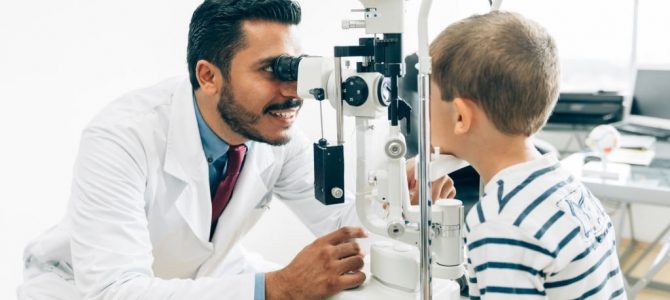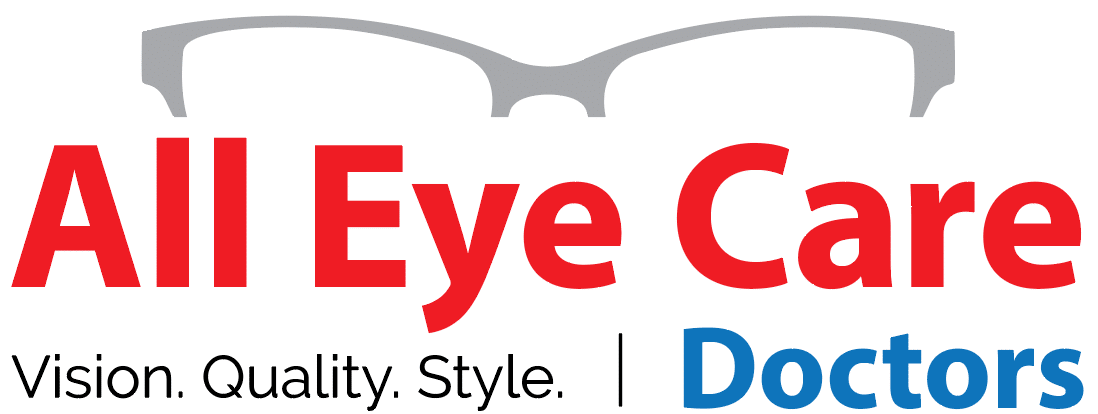Leading Cardiologist in Andalusia: Professional Heart Treatment at Your Local Center
Leading Cardiologist in Andalusia: Professional Heart Treatment at Your Local Center
Blog Article
Is Refractive Surgery Right for You? Aspects to Take Into Consideration for Better Eyecare
In the realm of eye care, the choice to undertake refractive surgery is a substantial one that requires thoughtful factor to consider. As individuals seek clearness and liberty from the restraints of corrective lenses, various aspects enter play when establishing the suitability of such a procedure. From the complexities of one's ocular health and wellness to the details of day-to-day habits and personal expectations, each aspect holds importance in the wider landscape of refractive surgical treatment candidacy. By examining these crucial elements with treatment and accuracy, a clearer path towards informed decision-making emerges.
Eye Health And Wellness Assessment
When thinking about refractive surgery, a comprehensive eye wellness analysis is vital to examine the suitability of the treatment for every individual. cardiologist andalusia. This analysis includes a series of examinations and examinations carried out by an eye care specialist to identify the overall wellness of the eyes, the presence of any hidden problems, and the stability of the refractive mistake
During the evaluation, different factors are taken right into account, such as the individual's case history, present eye prescription, corneal density, pupil size, and tear film top quality. These analyses help to recognize any contraindications to refractive surgery, such as corneal irregularities, cataracts, or neglected eye infections. In addition, the examination aids to handle person expectations pertaining to the possible outcomes of the surgical procedure based on their distinct eye features.
Ultimately, the eye health and wellness analysis is essential in guaranteeing the security and efficiency of refractive surgical treatment, as it gives beneficial understandings right into the person's eye wellness standing and aids determine the most suitable therapy alternatives for attaining optimal aesthetic end results. (cardiologist andalusia)
Lifestyle Assessment
A comprehensive way of living evaluation is indispensable in identifying the viability of refractive surgical treatment for a person's visual adjustment demands. Lifestyle aspects such as line of work, pastimes, and daily tasks play a crucial function in the decision-making procedure concerning refractive surgical procedure.
Moreover, way of life practices such as sports participation, exterior tasks, or also skin care regimens can influence the healing procedure and general success of refractive surgical treatment. By carrying out an extensive lifestyle analysis, eye treatment experts can tailor their referrals and therapy plans to fulfill the special requirements of each patient, inevitably leading to boosted visual end results and contentment.
Expectation Alignment

Clients require to understand that while numerous people achieve 20/20 vision or better adhering to refractive surgery, some may still call for glasses for particular activities like reading or driving at evening. Taking care of these expectations aids stop disappointment and discontentment post-surgery, leading to an basics extra favorable overall experience for the client.
Threat Evaluation

Variables that may increase the threat of issues consist of age, specific medical conditions like autoimmune conditions, unstable vision prescription, thin corneas, and unrealistic person expectations. Additionally, selecting a skilled and proficient cosmetic surgeon, following pre and post-operative treatment directions diligently, and divulging any type of appropriate clinical background can help alleviate risks.
To reduce the chance of difficulties, ophthalmologists conduct extensive pre-operative examinations to recognize any kind of contraindications to surgical procedure. They also discuss the potential risks and benefits with patients during the consultation process. By taking part in open communication and shared decision-making, both the ophthalmologist and the patient can function with each other to establish if refractive surgical procedure is the appropriate selection based upon private danger profiles and desired end results.
Appointment Relevance
Taking into consideration the essential duty of notified decision-making in evaluating risks and potential difficulties in refractive surgical procedure, the examination process holds significant relevance in assisting individuals towards optimum results. During the consultation, the eye doctor examines the client's eye wellness, refractive mistakes, and overall viability for surgery. This first evaluation is essential in determining one of the most suitable treatment for every person, thinking about factors such as corneal density, pupil dimension, and existing eye conditions.
In addition, the assessment works as a chance for patients to review these details their expectations, worries, and any concerns they may have relating to the surgery. Clear communication in between the client and the doctor is necessary to make certain reasonable assumptions and an extensive understanding of the possible risks and benefits entailed.
Additionally, the examination permits the surgeon to describe the various surgical choices offered, their corresponding outcomes, and the post-operative care called for. This extensive conversation equips patients to make knowledgeable decisions regarding their eye treatment, resulting in much better complete satisfaction and outcomes post-surgery.
Verdict
Finally, individuals taking into consideration refractive surgery ought to go through a detailed eye health and wellness examination, evaluate their way of life practices, align their check expectations with possible outcomes, assess the connected threats, and focus on consultations with eye care experts. These variables play a vital duty in establishing the suitability of refractive surgical procedure for every individual, making certain optimal results and fulfillment with the treatment.
Clients thinking about refractive surgical treatment typically have high expectations concerning the outcomes, anticipating best vision without the requirement for glasses or contact lenses. While refractive surgery can substantially boost vision and minimize dependency on aesthetic help, it is crucial for people to recognize that results might differ based on individual factors such as the level of refractive error, corneal density, and general eye health.
By involving in open communication and shared decision-making, both the ophthalmologist and the patient can function together to establish if refractive surgical treatment is the right selection based on individual threat profiles and wanted end results.
Considering the essential function of educated decision-making in examining risks and prospective complications in refractive surgical procedure, the assessment procedure holds significant relevance in directing people towards ideal end results. During the appointment, the ophthalmologist examines the patient's eye health and wellness, refractive mistakes, and overall viability for surgical procedure.
Report this page